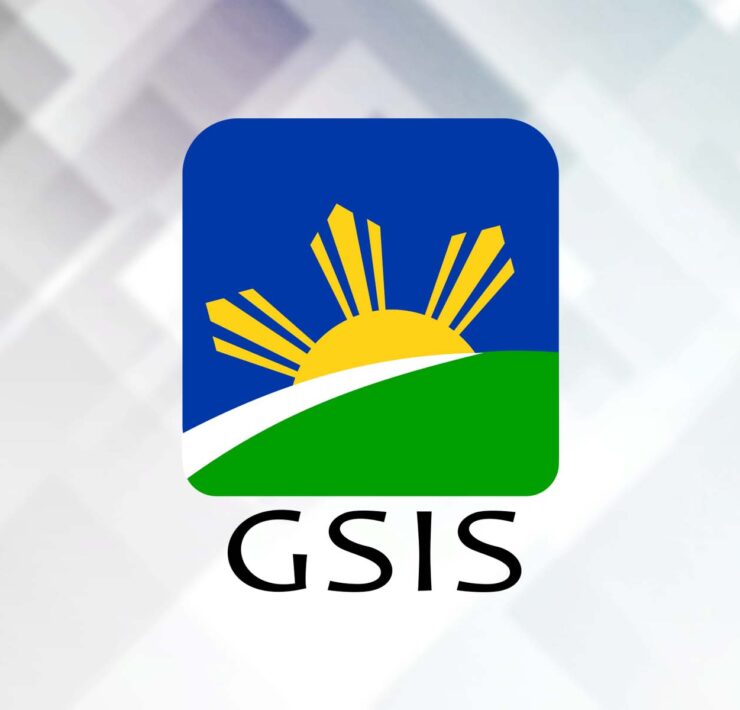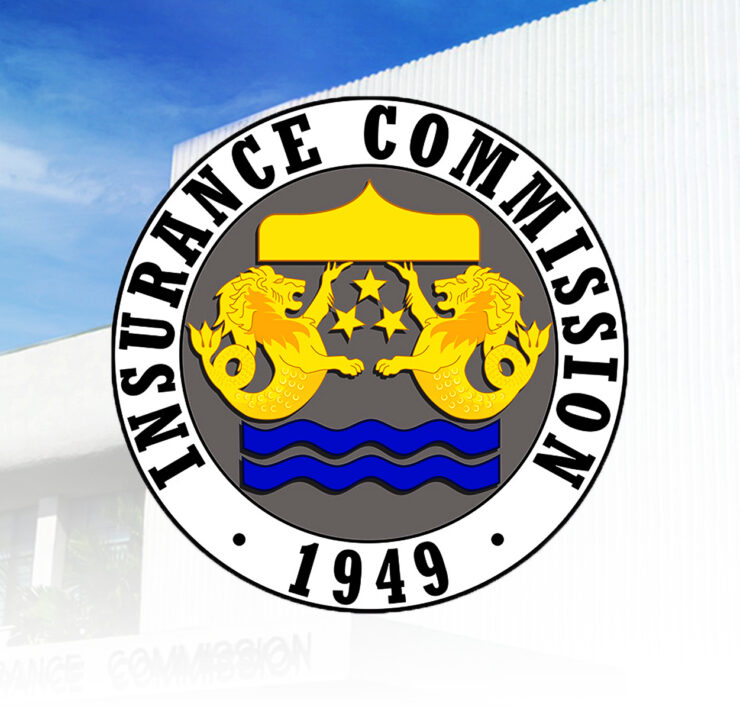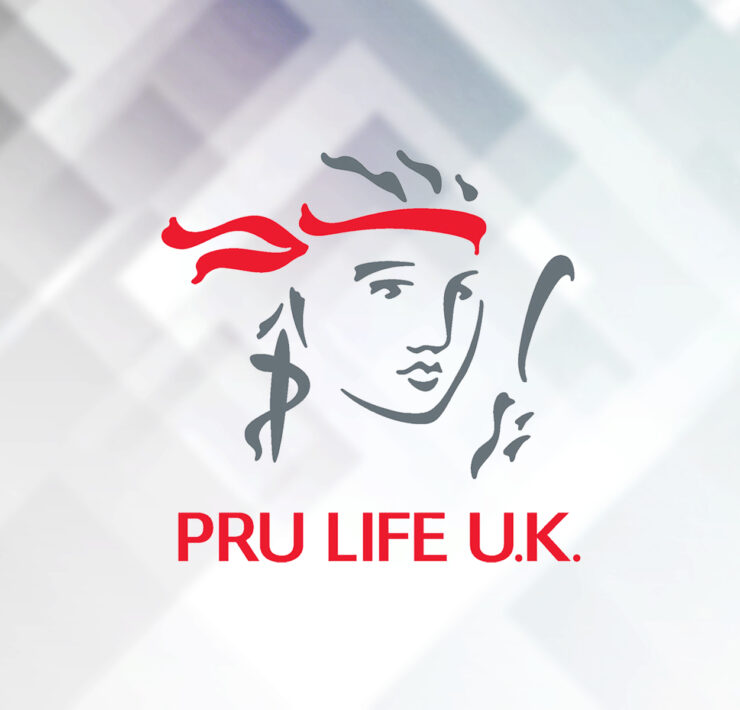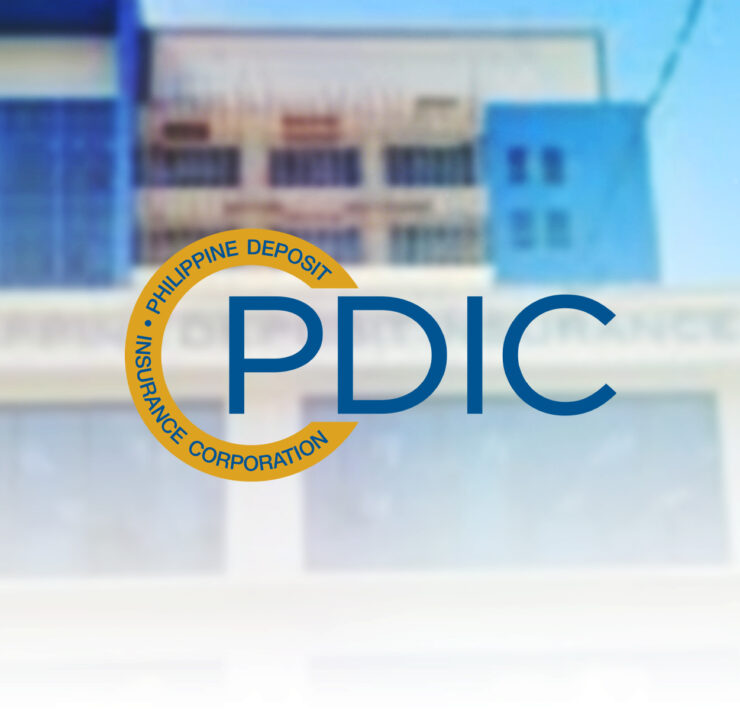HMO liquidity requirement slightly increased
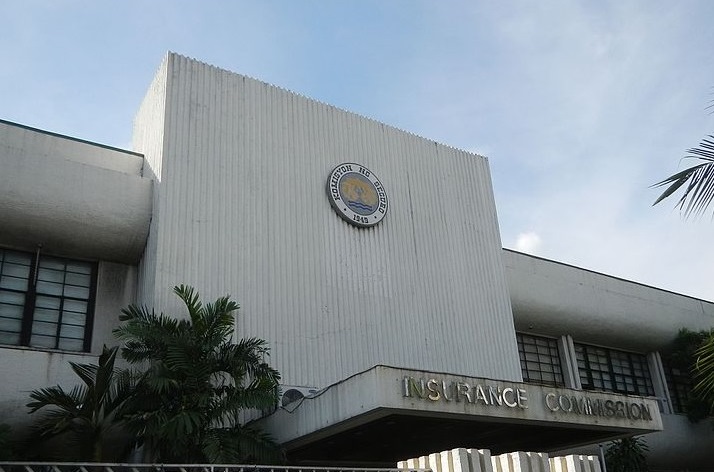
The Insurance Commission (IC) has raised the liquidity requirement for health maintenance organizations (HMOs), albeit still lower than the ideal ratio, to give the battered industry more time to recuperate.
In a circular letter, IC commissioner Reynaldo Regalado mandated an increase in the acid test ratio (ATR)—a measure of ability to pay off short-term liabilities without relying on inventory sales—to 0.9 from 0.75.
According to IC, the industry incurred a net loss of P4.27 billion last year, bringing the total net loss since 2022 to P5.71 billion.
“Our analysis shows that even though the industry recorded a net income of P636.6 million in the second quarter, this is still far from recovering the cumulative losses the industry sustained in 2022 and 2023,” Regalado said in a statement.
“.. this is why we extended the regulatory relief from 1.0 ATR requirement, albeit with a marginal increases from 0.75 to 0.9, which we believe reflects the industry’s progress in terms of profitability while still acknowledging that they are still in recovery,” Regalado said.
ATR is computed by dividing the company’s current assets (cash and other liquid assets) by current liabilities (claims payables, reserves, health fund, administrative service liabilities and other obligations).
According to the circular, if the ATR is more than 0.9 but less than 1.0, HMOs are required to submit a schedule of claims payable along with a claims settlement plan. If the ATR is below 0.9, the HMOs will be required to infuse cash, collect long-term receivables or liquidate noncurrent assets to improve fiscal consolidation.
HMOs will be required to provide monthly updates of settled claims to the IC, including proof of payment for all valid claims.
















